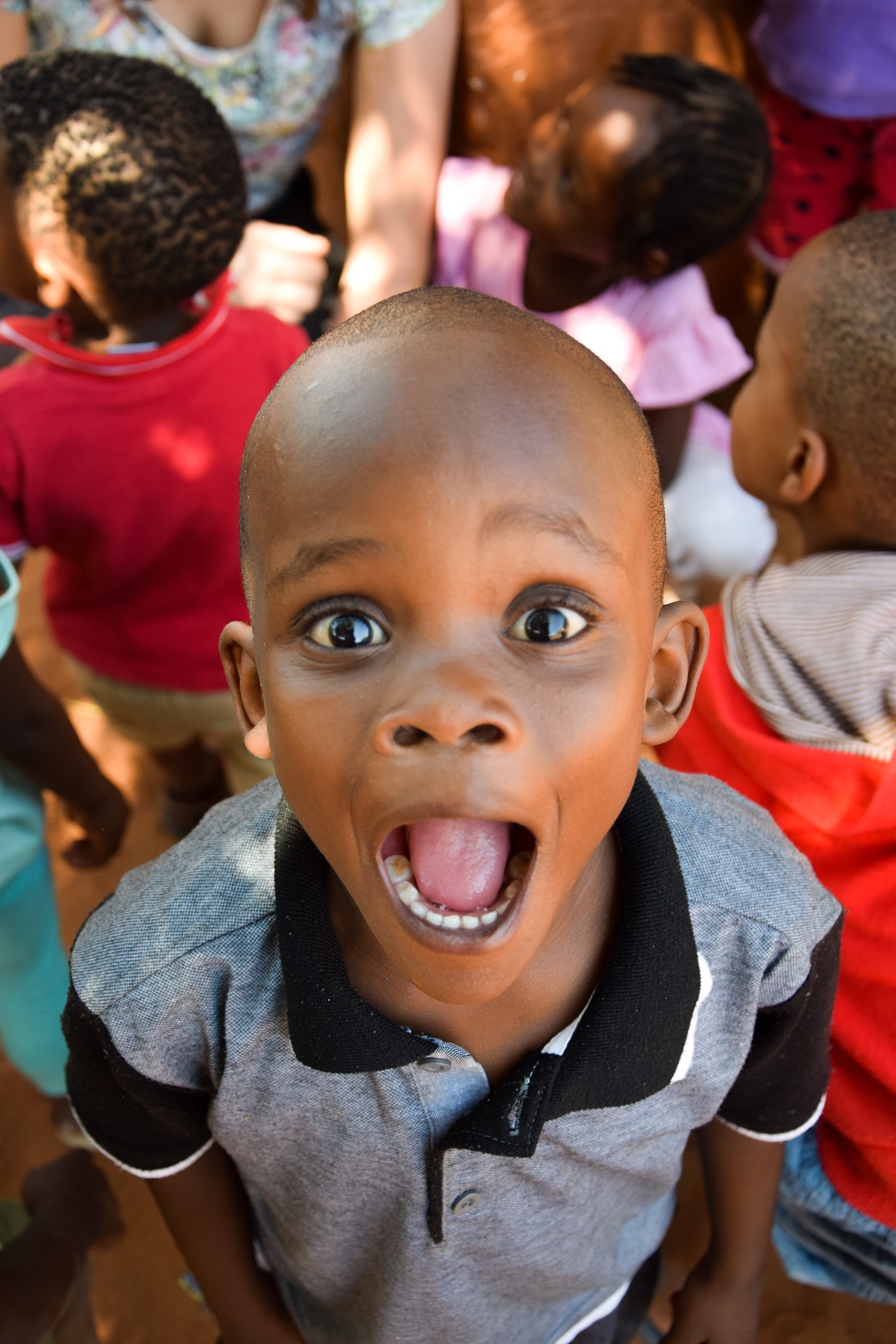Children in informal care arrangements with extended family: messages for best practice in Namibia

This Child Fosterage project provides personal and professional insights into the ways in which informal care arrangements impact upon children’s health and welfare. Five stakeholder workshops took place in the capital city of Windhoek in the Khomas region of Namibia in June 2019. Khomas is a region in central Namibia characterised by diverse racial and ethnic representations. Participants included: children’s practitioners, children’s rights’ network members, social workers, parents and carers, and children.
About the research
Despite the formalisation of kinship care under the Child Care and Protection Act 2015, informal childcare arrangements remain widespread across Namibia’s diverse communities.
This briefing makes recommendations for policy and best practice approaches for those involved in promoting the wellbeing of children who are in informal care arrangements with extended family. Findings from the study acknowledge the impact of children’s unique contexts and family relationships, offering important messages for policy and practice in a number of countries in sub-Saharan Africa where fosterage is prevalent.
“they’re like my own kids which means whatever they ask you, soap or the toilet…I have to provide them. If there’s nothing, then they also join us and there is nothing” (Carer)
Policy Implications
• Adding specific questions about fostered and orphaned child members of households into the population census could help policymakers gather more data about the prevalence of child fosterage at the population level.
•Family members have a duty to consult children and elicit their views and wishes about any decision related to their care.
•Practitioners must support children to have their voices heard during decision making around their informal care arrangements.
•Statutory authorities must provide support services and financial resources for those offering informal care to children in their households.
•The facilitation of peer support groups to connect families with one another is recommended to foster sharing of challenges and successes, and build resilience amongst carers.
‘Child fosterage’ describes the process of raising a child by someone other than the child’s biological parent. It describes the practice here a child is raised collectively; fostered-in and/or fostered-out to extended family members. The arrangements are widespread across sub-Saharan Africa and are usually negotiated informally between grandparents, aunts, uncles, or older siblings.
Key findings
• Community perceptions of child fosterage prevalence suggest informal arrangements in 80% of households in Namibia, much higher than is reported in existing literature (35%). Due to the informality and prevalence of fosterage arrangements in Namibia, effectively responding to children’s needs in these settings is challenging because of their ‘hidden’ nature. More robust data is needed to investigate prevalence more fully.
• Childcare in Namibia is seen as a collective and community responsibility, to provide love and give better care to children. Child fosterage brings both advantages and hallenges with substantial variation in the quality and consistency of pacements. Exposure to hostility and differential treatment to non-biological siblings (e.g. domestic servitude, less food, less clothing) was acknowledged as impacting upon children’s health and welfare.
• Grandparents are key decision makers, with the responsibility for care of children most commonly placed upon women. Children are not active participants in the decisions made about their care.
• Caregivers are financially responsible for children in their informal care, and experience daily challenges in meeting their basic needs (food, healthcare, travel expenses). Caregivers require additional resources (emotional and financial) to enable them to continue to deliver support.
• Although accepted as a temporary arrangement, caregivers often see fostered-in children as their own and can struggle to give back care-giving responsibility to biological parent(s).
• Although fosterage can provide a sense of belonging through continuity of care for a child, multiple transitions within the family were identified as impacting upon a child’s sense of belonging, trust, and development of identity, irrespective of the value placed upon teaching children about their biological origins, backgrounds and birthplaces. This leads many children to experience feelings of loss.
“In my experience, they [carer] must just accept the child, and I’ve had cases where they are so hostile towards the child because they don’t really want to do this, but now they must do it” (Social worker)
Further information
This study was a collaboration between the University of Bristol, and the University of Namibia. Approval for the research was obtained the Ministry of Gender Equality and Child Welfare in Namibia and the National Commission on Research Science and Technology (NCRST). Ethical approval was obtained from the University of Namibia (UNAM) and the University of Bristol. This work was funded through the University of Bristol’s Global Challenges Research Fund (GCRF) allocation from Research England.
Authors
Dr Victoria Sharley (University of Bristol); Dr Janetta Ananias (University of Namibia); Dr Emmerentia Leonard (University of Namibia), Dr Heather Ottaway (University of Bristol)
Policy Briefing 89: July 2020
Children in informal care arrangements with extended family (PDF, 355kB)
Contact the researchers
Read more about the research
Sharley, V., Ananias, J., Leonard, E., and Ottaway, H. (Accepted 2020) Child Fosterage in Namibia: the impact of informal care arrangements upon children’s health and welfare. Children and Youth Services Review. Special Issue on Children’s Participation in Developing Countries.

